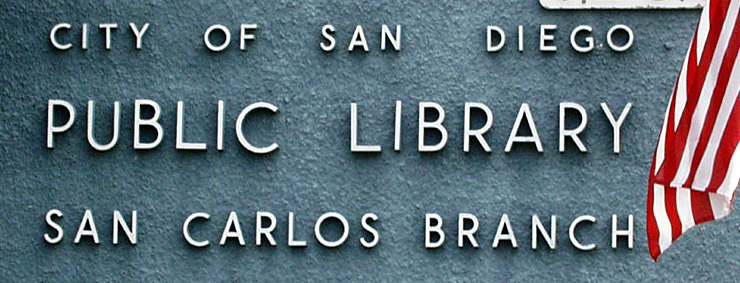By Donald H. Harrison
SAN DIEGO, Calif. —The Other Side of Me is word play on
one of Sidney Sheldon's most successful novels, The Other Side of
Midnight. However much Sheldon pours himself into his novels, screen
plays and television scripts, his memoir seems written by tired formula.
He'd like us to believe that he is utterly unable to predict other people's
reactions to his works. Whatever he thought they were thinking, almost
invariably it was the opposite.
I had the sense that rather than telling his readers about himself, his real
self, he was keeping them at bay with tried and true anecdotes, set up lines,
punch lines—the kind of stuff that makes a Las Vegas comedian's act a
pleasant diversion for an hour and a half, and then instantly forgettable.
Yes, there are a few revealing moments in the 363-page book: his attempted
suicide as a youngster; experiencing alternating periods of depression and
elation throughout his life, not knowing until well into his adulthood that he
had bipolar disorder; the despair he and his second wife Jorja felt when their
newborn died of spina bifada, how devastated they were when another
baby's biological parents at the last possible moment canceled her adoption.
Sheldon was born Sidney Schechtel—a name he changed to Sheldon as he made
his way into show business. He was born to a Jewish family, but after
the infant Alexandra's death he and Jorja joined the Church of Religious
Science, "a nondenominational, rational combination of religion and
science. Its philosophy of peace was exactly what Jorja and I needed. We took
courses for a year in practitioner's training, and then a second year. It was
a wonderful healing experience..."
In this book, Judaism gets less mention than his first wife, to whom he was
married only briefly. He does not elucidate on why he divorced either his wife
or his religious heritage. Perhaps he did not want to hurt anyone's
feelings. That's safe, of course; but hardly memorable.
For those interested in probing the American Jewish experience, Sheldon
provides only a few morsels—a mixture of humor and hostility. Here's
the one-two-three.
One: contacted about updating the script of The Merry Widow, he was
asked if had ever heard of Jan Kiepura. "No. Is that some
holiday?" No, he's a big opera star in Europe — ba dump bump!
Two: he was dating Wendy Barrie, goddaughter of J.M. Barrie of Peter Pan fame.
He received a phone call from someone who wanted to know if he enjoyed his
life. "If you do, stop seeing Wendy Barrie." Why?
Bugsy Siegel was the man paying her rent. Sheldon never saw her again.
Three: Groucho Marx was a close friend of Sheldon's. Supposedly when the
comedian's 8-year-old daughter went to a country club with a friend, she
was ordered to leave the swimming pool. "We don't allow Jews
here," the employee said. After learning of the incident, Groucho
immediately got the manager on the phone. "You're being
unfair," he said. "My daughter is only half Jewish. Is
it all right if she goes in the pool up to her waist?"
Sheldon never tells us whether he simply wanted to submerge himself completely
in that "swimming pool," or whether there was something that
drove him away from the one he already had.


